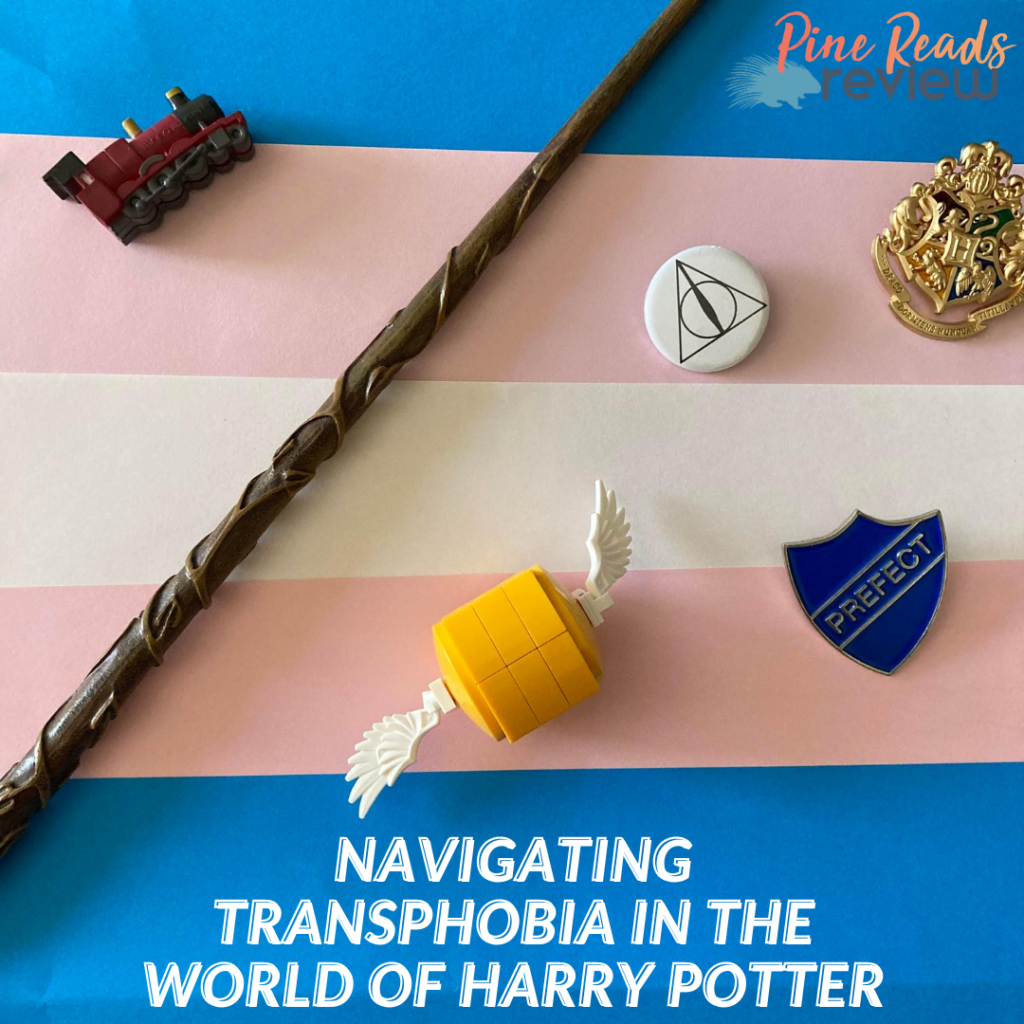
Over the last few months, J.K. Rowling, author of the Harry Potter series, has come under fire for making disparaging comments about transgender people on her social media. Specifically, criticizing advocating for trans women as a way of harming cisgender women. The tweet most commonly talked about reads:
“If sex isn’t real, there’s no same-sex attraction. If sex isn’t real, the lived reality of women globally is erased. I know and love trans people, but erasing the concept of sex removes the ability of many to meaningfully discuss their lives. It isn’t hate to speak the truth.”
Let’s talk about this.
Sex, sexual orientation, and gender are all different parts of the human experience. Sex refers to a designation based on the physical and biological characteristics you were born with, the categories generally being male, female, or intersex. Sexual orientation has to do with what genders you are attracted to, including being gay, heterosexual, bisexual, asexual, etc. Gender identity is your personal sense of your own gender, whether that’s being cisgender, transgender, non-binary, etc (what pronouns you use, for example). What is vital to discern here is that all three of these categories have nothing to do with each other.
So when J.K. Rowling says “if sex isn’t real there’s no same-sex attraction”… well… she’s right, I suppose, but thousands of readers have the same question: who said sex isn’t real? I believe Rowling is actually referring to gender itself, but in the same strain, transgender people clearly believe that gender is real. And why does the “lived reality of women” not include trans women? The truth of the matter is that Rowling wants to make a divide between trans people and those she sees as ‘actually having the experience of a woman’.
Another tweet from the same thread reads: “The idea that women like me, who’ve been empathetic to trans people for decades, feeling kinship because they’re vulnerable in the same way as women – ie, to male violence – ‘hate’ trans people because they think sex is real and has lived consequences – is a nonsense.”
Rowling spends a lot of her tweet space trying to align herself with trans people. Her apparent empathy towards trans people is a justification. Now in this above tweet, she claims kinship to trans people because both trans people and women (in Rowling’s eyes, cisgender women) experience violence at the hands of cisgender men. While this is definitely true, it isn’t really a form of kinship to identify that multiple groups of people experience the same violence – and the violence is not the same. Both are prevalent and awful, but violence against trans people is rooted in the same ideologies that people like J.K. Rowling insinuate in people’s subconscious.
Now you may be thinking: J.K. Rowling never said she hated trans people, or that being transgender is wrong, so what’s the big deal with voicing her opinion? The truth is, when it comes to prejudice, it is less common to share outright hatred than it is to say something somewhat vague and ‘palatable’. Rowling says that trans people and women share the experience of male violence, but she mentions no other commonalities. She separates the terms “women” and “trans people”, making you wonder which shallow category trans women fit into. She champions herself as an ally, but makes it sound like allyship is a burden and she should be rewarded for it—the “women like [her]” who have so tirelessly fought for trans rights deserve the right to an opinion.
Another thing to think about here is timing. At the height of the coronavirus pandemic and the Black Lives Matter movement, the possibly most successful author in the world decides to come out on social media and disparage trans people instead. There was no real prompt or ask for her to come forward with these opinions, and the fact that she decided to draw attention to them rather than other crucial world issues (well aware of the kind of platform she has) seems in poor taste.
Many readers who grew up on Harry Potter are struggling to deal with Rowling harmful commentary, especially trans and nonbinary ones. Other people have brought up the subtle (and sometimes not-so-subtle) problematic writing in her books, which largely lack any kind of diversity, relating to racial and gender stereotypes. However you perceive Rowling’s tweets, it is most important to remember that she is a professional author, and that all her words are chosen with intention.
PRR Writer, Grace Kennedy